All Stories
-
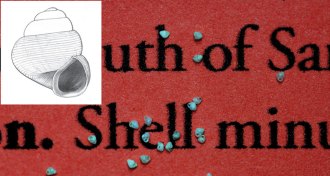 Animals
AnimalsJust when you thought snails couldn’t get any smaller…
Snails may not be speedy, but itty-bitty snail shells found in Borneo are breaking a size record at a breakneck pace.
By Susan Milius -
 Climate
ClimateHow to melt an ice cave
Frigid winter air keeps gives ice caves their perpetual chill, researchers find, warning that airtight seals on some ice caves could cause the frigid formations to melt within decades.
-
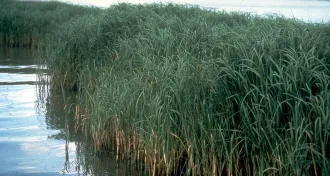 Plants
PlantsMarsh grass masquerades as a native species
The abundant cordgrass found in South American marshes may actually have invaded the region more than two centuries ago, a new study concludes.
-
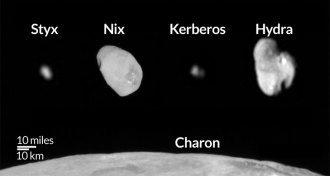 Planetary Science
Planetary SciencePluto’s smaller moons pose mysteries
The four smaller moons of Pluto are finally revealed in images from New Horizons, and might hold some clues to the dwarf planet’s past.
-
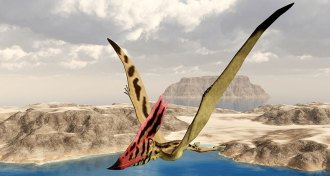 Animals
Animals‘On the Wing’ chronicles origins of flying animals
In "On the Wing," a biomechanicist reviews how animals took to the air.
By Sid Perkins -
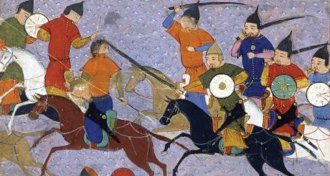 Anthropology
AnthropologyEarly globalization on display in history of Eurasian civilization
It was a long, strange trip from the first Eurasian farmers to the modern world.
By Bruce Bower -
 Astronomy
Astronomy‘Halloween fireballs’ may light up the night sky
Trick-or-treaters might get treated to a meteor swarm for Halloween.
-
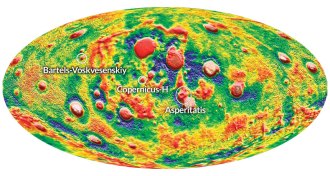 Planetary Science
Planetary ScienceProbes unveil three hidden blemishes on moon’s face
Gravity measurements collected by NASA’s GRAIL spacecraft reveal a clearer picture of the moon’s craters, including three previously unseen lunar basins.
-
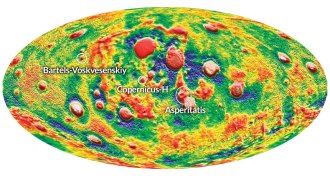 Planetary Science
Planetary ScienceProbes unveil three hidden blemishes on moon’s face
Gravitational tugs on a pair of spacecraft have revealed previously unseen blemishes on the moon’s face.
-
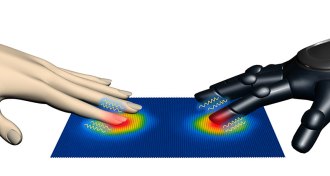 Tech
TechElectronic skin feels the heat, hears the sound
Electronic skin inspired by human fingertips detects texture, pressure, heat and sound.
By Meghan Rosen -
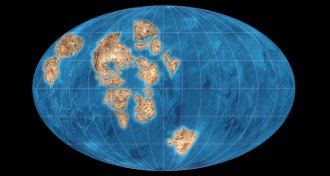 Earth
EarthNew fascination with Earth’s ‘Boring Billion’
The Mesoproterozoic era, known as the boring billion, had very low oxygen, but it set the stage for the evolution of animals.
-
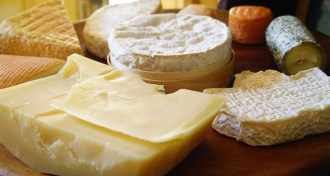 Psychology
PsychologyNo, cheese is not just like crack
Recent news reports claimed that a study shows cheese is addictive. But the facts behind the research show cheese and crack have little in common.